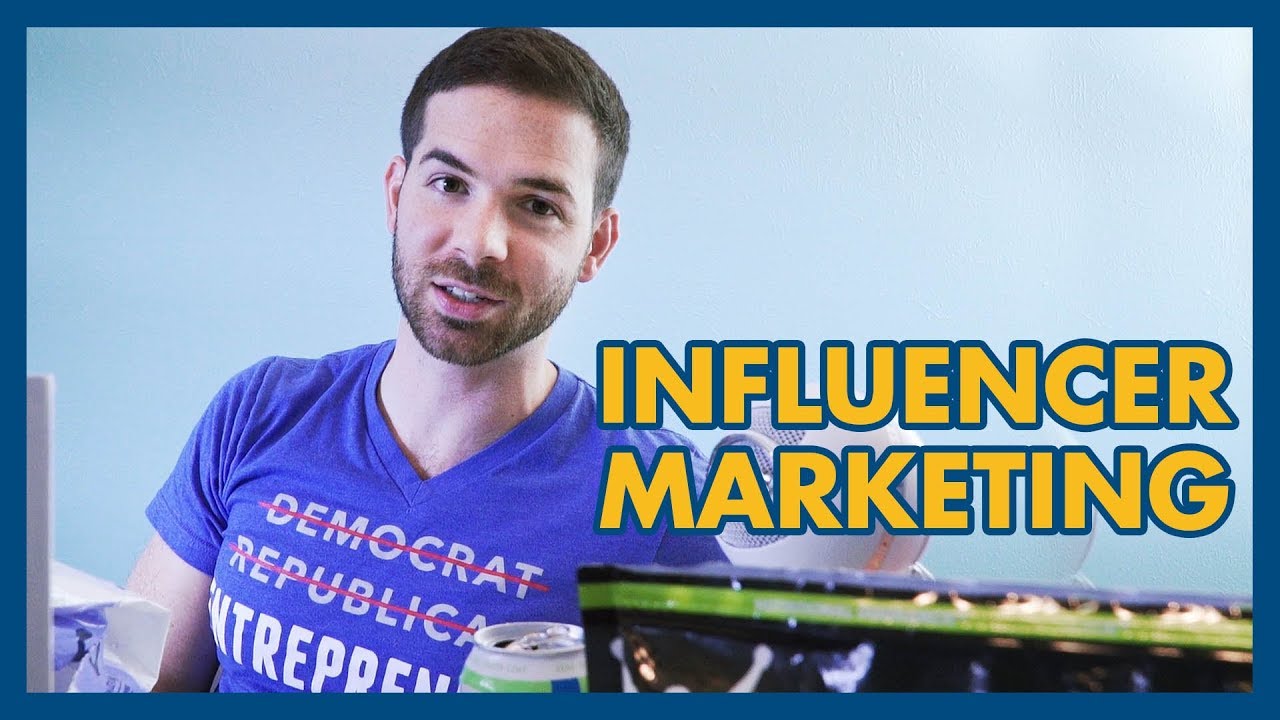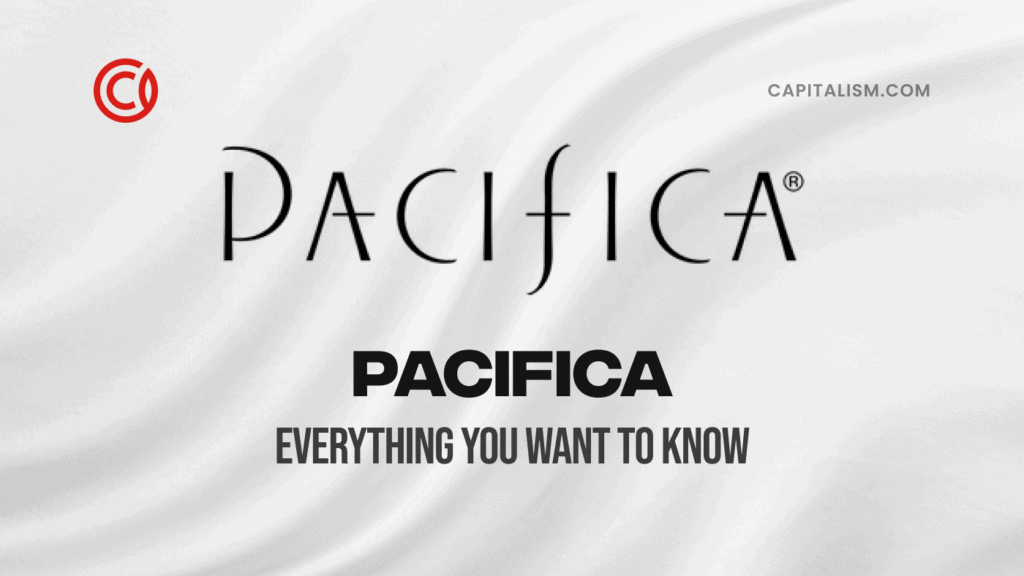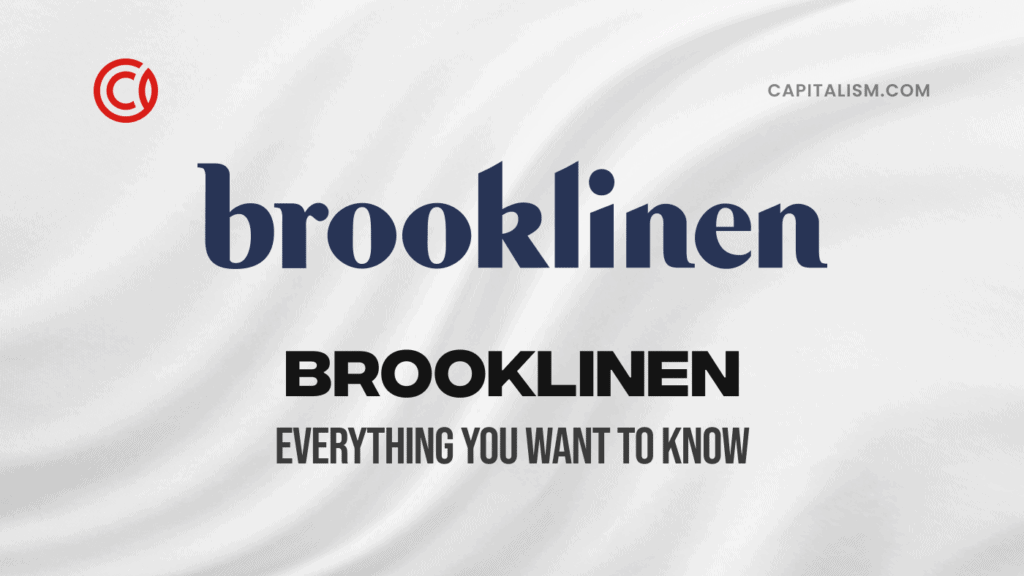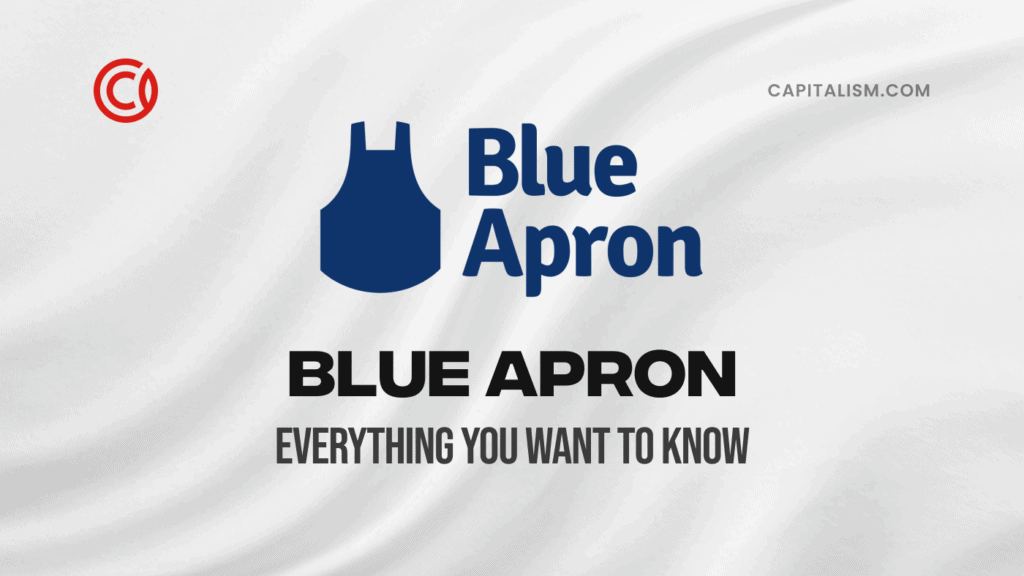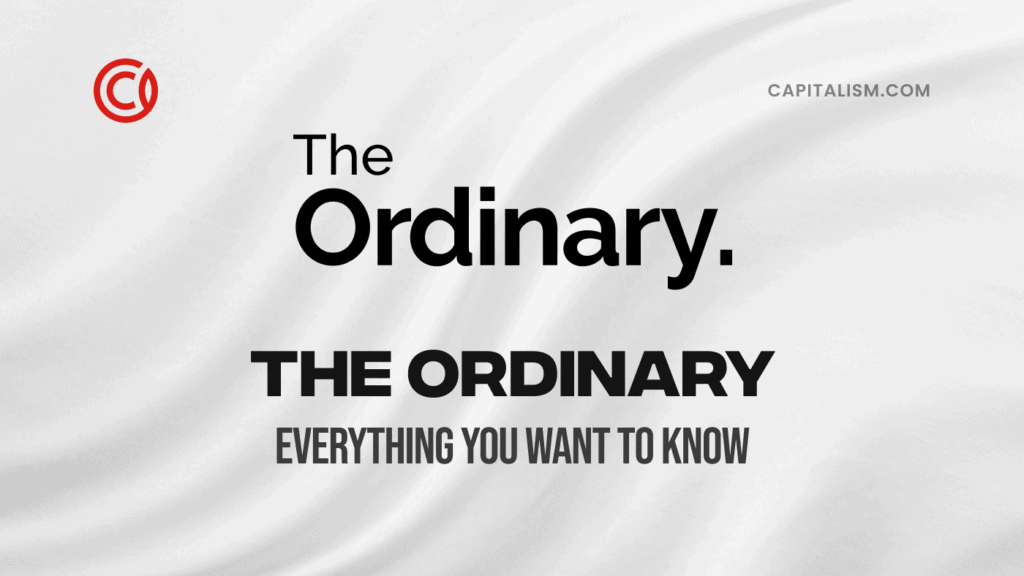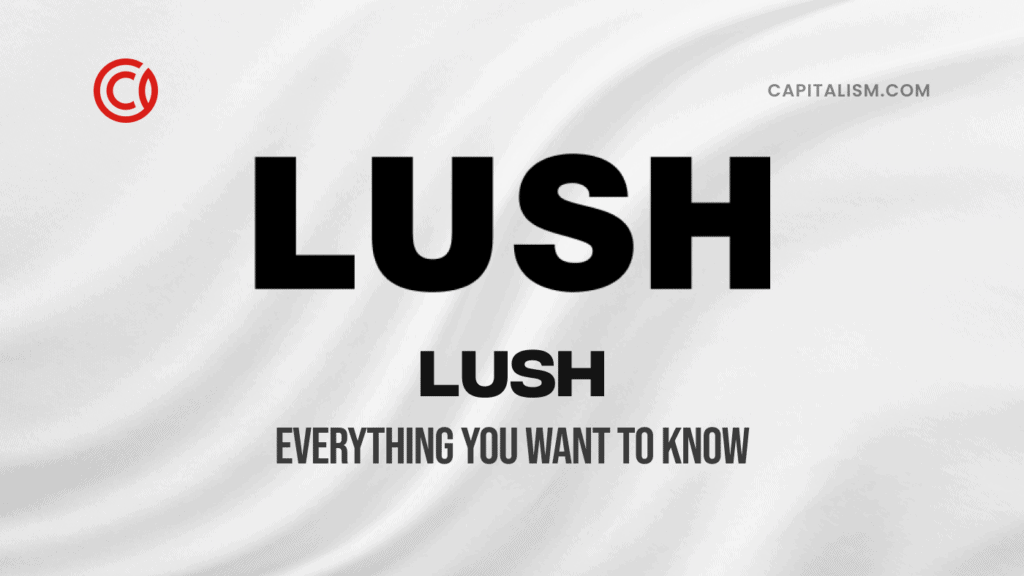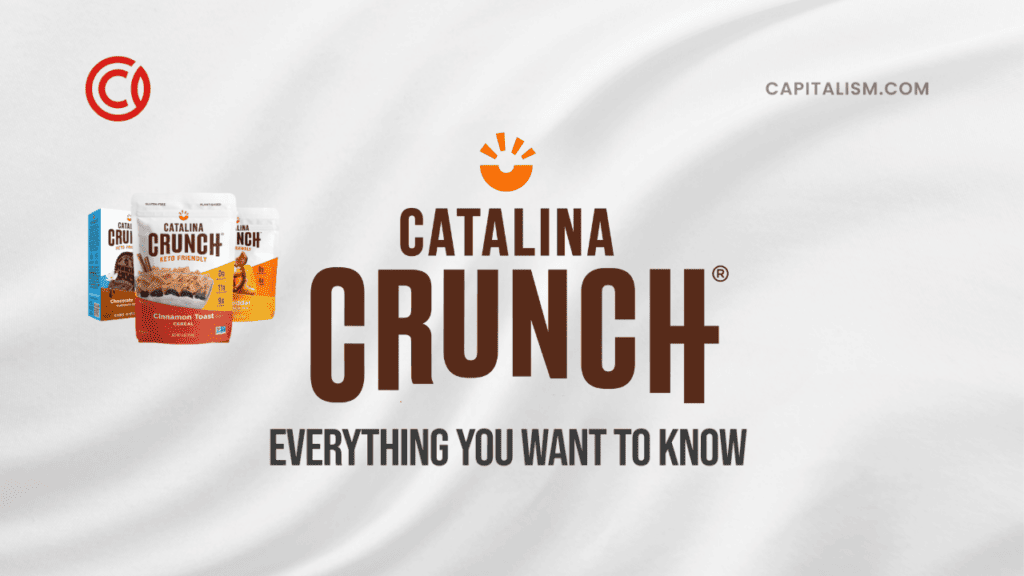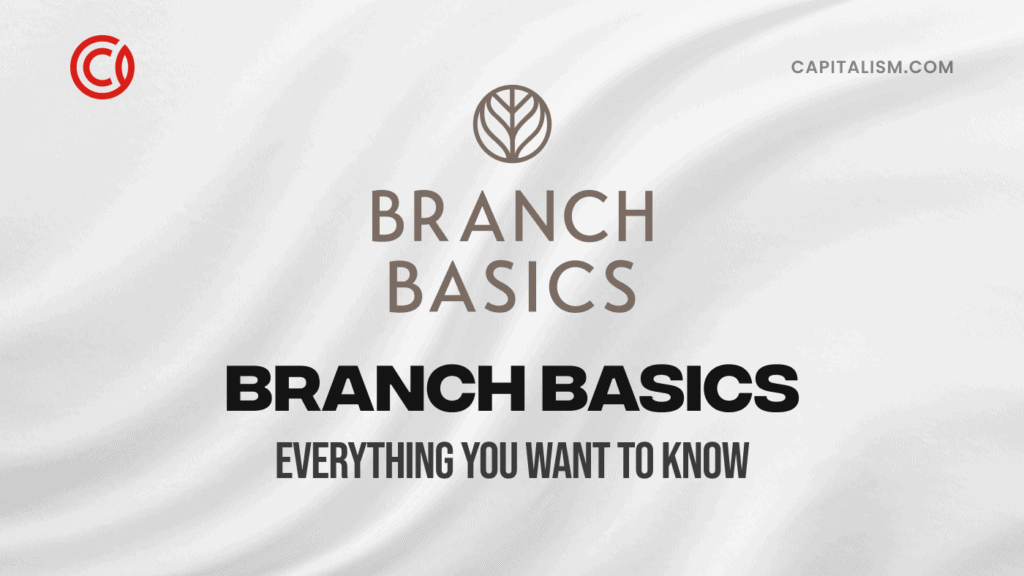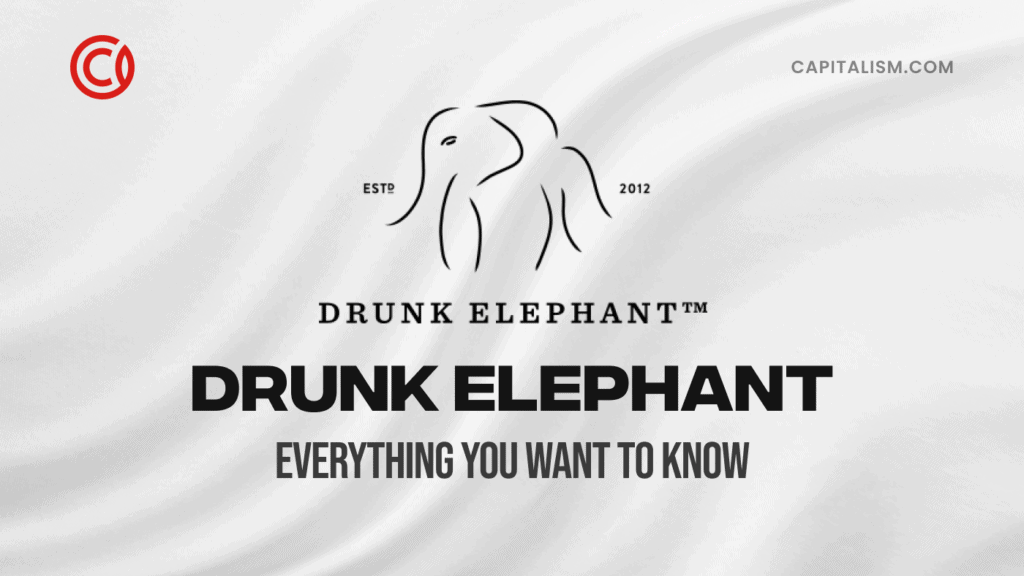Dylan Mullan Took a Hairy Idea, Met Some Influencers, and Scaled Happy Skin Co into a $20M Laser Success
Dylan Mullan didn't aspire to become an entrepreneur, and starting a business like Happy Skin Co was never on his radar. Growing up, all he wanted was to become a lawyer. He romanticized the idea of wearing suits in the big city, going to court, and representing clients. "I wasn't entrepreneurial. I wasn't the type of kid that had a lemonade stand," he told Yahoo Finance.
Ready to get started, he followed his heart and attended law school. But he hated every minute of it. After only a few weeks, Dylan knew it was time to leave. His brief stint at university destroyed his soul, and he dropped out as soon as possible.
Looking for a way to pass the time, Dylan enrolled in an acting class. This move was a complete about-face from law school, and he enjoyed it thoroughly. Before he knew it, Dylan caught the acting bug and spent about five years working with an agent.
That's when reality reared its ugly head. The acting circuit was brutal. There was no job security, and Dylan saw too many great actors who still worked at restaurants and bars just to make ends meet. This uncertainty was frightening. Dylan wanted more control of his life.
So Dylan stepped onto a more traditional career path and entered the corporate world.
But I Want to Take Control of My Destiny
Dylan landed a decent job in corporate marketing. Being able to pay the bills had its advantages, but he still felt restricted. Working a real job with a boss meant always pleasing others. Worst of all, he didn't have any power over his own destiny.
Dylan wanted something he could take control over—something all his own. He became obsessed with learning about e-commerce. After listening to tons of podcasts and gurus talk about building businesses through Facebook, he couldn't wait to get started.
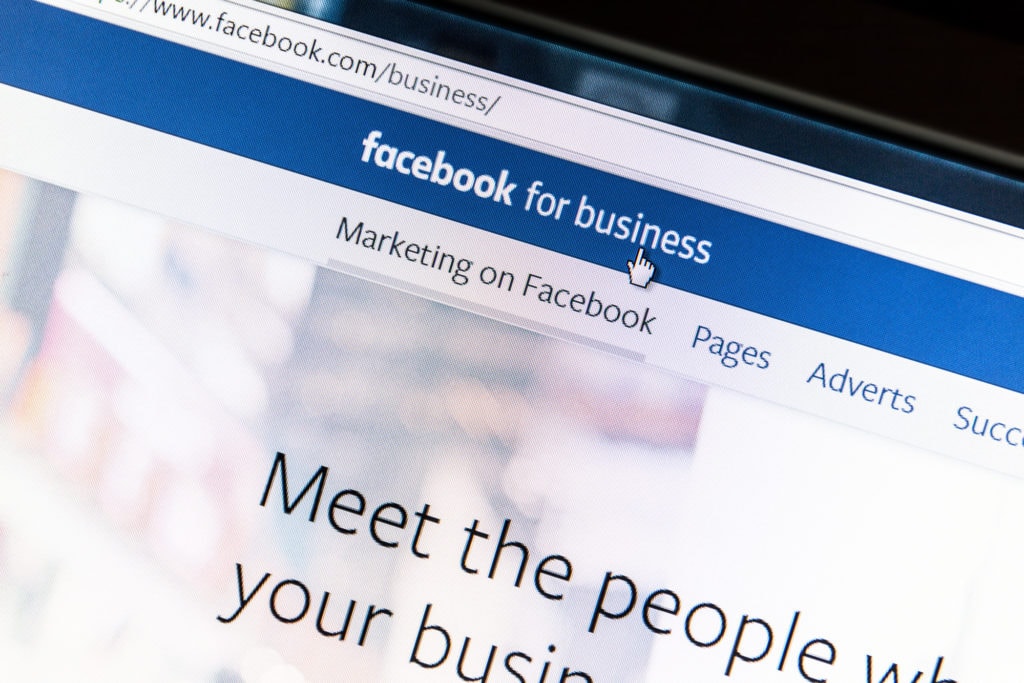
What would become his new path? At-home laser hair removal.
Serving an At-Home Audience
While brainstorming business ideas, Dylan and his business partner knew they wanted to do something in the beauty space. The beauty industry was on a steady upward trajectory, and it was the right time to launch an innovative product. Other brands saw great success with simple products, like face masks, fake tans, and teeth whitening creams. Dylan decided to test his luck with an at-home laser hair removal device.
Dylan and his partner founded Happy Skin Co with two modest investments of $10K each. It was the first business venture for them both.
Dylan couldn't wait to share his idea with others. He did some market research of his own, and to his surprise, nearly 90% of his female friends were already doing laser hair removal. They all wanted an easier, more efficient way of getting the job done.
Laser hair removal isn't anything new. Tons of people get it done each year. But until Happy Skin Co entered the scene in 2018, people had to schedule appointments at a local salon or clinic. A single session cost upwards of $100, and customers had to return regularly to maintain results.
Dylan and his partner didn't seek out to do something groundbreaking. They just saw an opportunity to do something better. Instead of forcing people to leave their homes for laser hair removal, they would bring a system to them. Their device would provide the same professional-level results. And it would save consumers time and money.
Working the Kinks Out
After coming up with a product idea, Dylan spent the next six months talking with developers and working out all the kinks. Eventually, they found a manufacturer in China who was already trying to do something similar. They went through several prototypes until they settled on the perfect version.
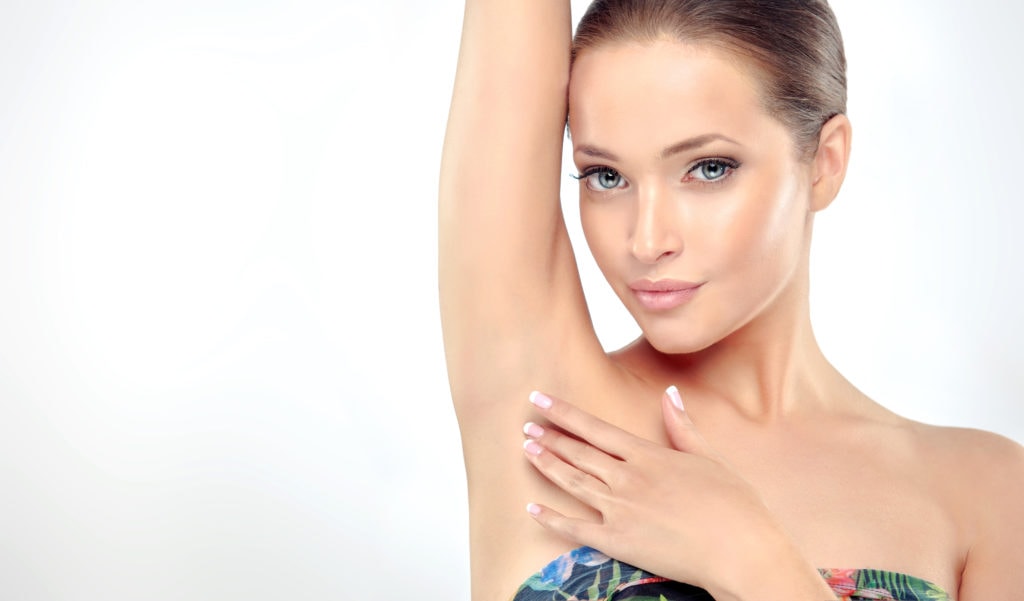
Before launching, Dylan had a bunch of people test the device. Laser hair removal doesn't happen overnight—it takes several rounds to achieve smooth, hairless skin. But by the end of the second week, his testers already reported impressive results. After a full six weeks, the proof was in their pictures.
Dylan knew he had a winning product at that moment. Happy Skin Co launched its first—and still only—product in April 2018. Upon reflection, any other product in the beauty space would have been easier to develop. But the brand found an ignored niche with an eagerly awaiting audience.
How much is Happy Skin Co worth today? Dylan and his partner took their initial $20K investment and bootstrapped Happy Skin Co into a $20M brand in just two years.
Happy Skin Co Highlights:
When did Happy Skin Co launch?
Dylan and his partner came up with the brand in 2017, but it didn't officially launch until April 2018.
Where is Happy Skin Co located?
The Land Down Under! Dylan founded Happy Skin Co in Sydney, Australia.
Is Happy Skin a local brand?
If you live near Sydney, then yes. But if you don't, you are still in luck. Happy Skin Co ships worldwide.
Who owns Happy Skin?
Dylan Mullan is the founder and director of Happy Skin Co. His former business partner left the company to start another venture.
How many people work for Happy Skin Co?
The company is still relatively small and only has ten employees.
How does the Happy Skin Co device work?
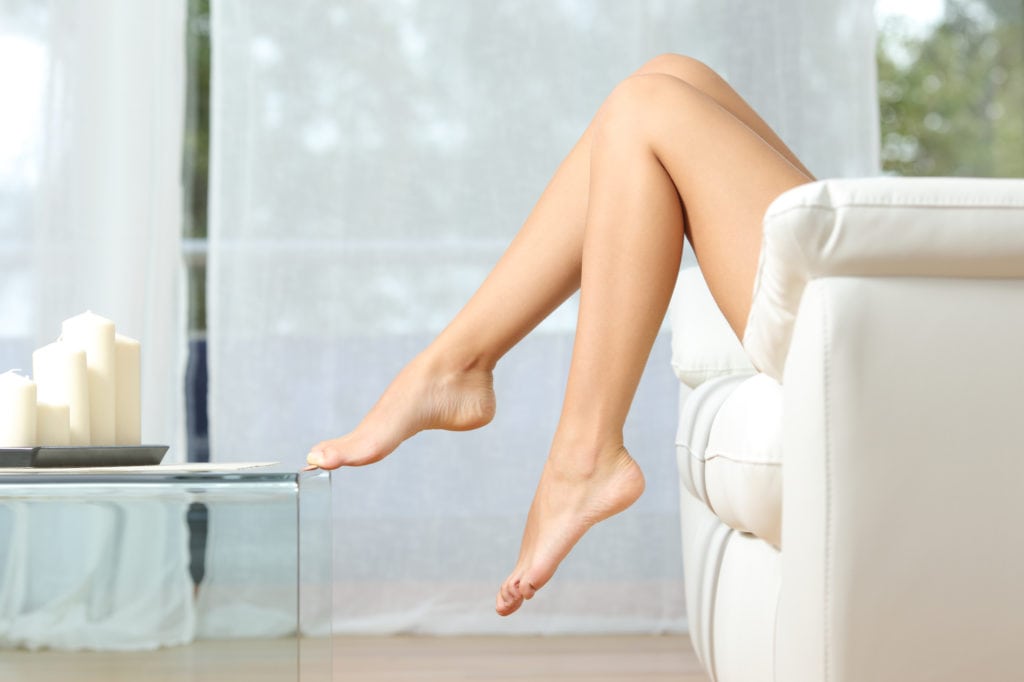
The laser hair removal device uses intense pulsed light (IPL) to heat and destroy hair cells. Most people notice hair reduction after one month and complete results after 12 weeks.
How many products does Happy Skin Co sell?
Technically, Happy Skin Co only carries one product—the at-home IPL laser hair removal device. But the brand does sell both a Generation 1 and Generation 2 model of the same product.
Building a Brand with Influencer Appeal
Happy Skin Co primarily serves 18-24-year-olds looking for a way to take care of their bodies at home. Social media is huge with this group. To reach his audience, Dylan knew he would have to market on these platforms. He spent a few hundred bucks on a Facebook Ad, and he also sent the product to an influencer.
On launch day, Happy Skin Co sold one unit after running the Facebook Ad. Although a small feat, the founders were ecstatic. Day two, however, brought zero sales. But something amazing happened on the third day. A well-known influencer mentioned the laser hair removal tool to his audience, and Dylan remembers hearing the Shopify "cha-ching!" ring for hours on end. The brand did over $7,500 by midnight.
That's when Dylan knew influencer marketing was worth its weight in gold. He credits early sales and success to influencer shoutouts. As he explained to Business World Australia, "Influencer marketing is something we did really early on, and that really took off for us."
What's so special about influencers? They have access to a vast, excited, and engaged audience. Followers trust influencers as if they were real-life friends and take their opinions to heart. And brands have taken note.
Influencers can help brands earn big bucks, and marketing departments aren't afraid to toss a few dollars at a famous celebrity in hopes of turning a profit. Statista predicts the Global Influencer Market (yes, it's a legitimate industry) will exceed $13.8 billion by the end of 2021.
Dylan took full advantage of social media influencers, which turned into one of his best decisions ever. The brand sold over 100,000 units over the next two years and grew a loyal audience. Here are his secrets to a successful influencer marketing campaign:

If at first, you don't succeed, DM, DM again.
What's the best way to mingle with an influencer? Slide into their DMs! As cliché as it may sound, dropping influencers an unsolicited direct message is an effective way to get on their radar. Just don't expect a full inbox in return.
Before launching Happy Skin Co, Dylan's goal was to get his device to as many influencers as possible. But he faced a lot of rejection along the way. Not every influencer will put their name on the line to introduce a new brand. Startups don't have a reputation, and unknown products may or may not work as advertised. Tons of influencers ignore brand inquiries entirely.
Too many entrepreneurs make the mistake of sending out a dozen or so direct messages. It shocks them when no one replies. Dylan says you need to up your ante to get results. Instead of contacting a handful of influencers, try connecting with hundreds of them. For every 100 DMs you send, you might only get 3-4 responses, especially in the early days.
You can pick your friends, but you can't always pick your influencers.
Which influencers do you want to represent your brand? Anyone familiar with social media can probably toss out a few names. However, just knowing a person's name doesn't mean they will agree to work with your company - or that you want them to represent your brand.
No one had ever heard of Happy Skin Co in 2018. Dylan remembers wanting to test the waters of influencer marketing, but he quickly realized the top names were hesitant to partner with unknown brands. Instead of giving up, he explored other options.
The most influential influencers aren't always the most popular. Micro-influencers, for instance, often have a broader reach than channels twice the size. These channels tend to have highly loyal followers. And most importantly, he understood that audience engagement produces better results than subscriber counts.
Dylan discovered influencers with 200,000 and 500,000 followers delivered a better ROI than larger ones. Was it a risk to work with smaller influencers? Perhaps. But $20M later, Dylan doesn't have any regrets.
Don't write influencer checks your brand can't cash.

Getting your product into as many hands as possible is critical. But you don't want to go into the red for an influencer shoutout. Top influencers know how to work a deal in their favor. They may demand the world in exchange for a review or mention. But can your startup afford a big-time influencer's asking price?
Early on, Happy Skin Co had a tiny budget. The brand's first product purchase was for a mere 110 units—10 for influencers and 100 to sell. Why did Dylan order so little? He knew the product was terrific, but buying more would stretch the budget too thin.
When Dylan first approached influencers, he didn't offer them anything in return besides the product. There wasn't any wiggle room in the Happy Skin Co budget to pay for sponsorships. This method did limit his influencer options, but Dylan also found several who accepted the offer without hesitation. Happy Skin Co's first influencer, the Bachelor in Paradise, agreed to showcase the product for free. The mention was an instant success.
Brands reward influencers in various ways. Some pay a flat fee for an endorsement. Others offer affiliate partnerships or gift the product. Regardless, influencer marketing shouldn't break the bank. A marketing budget is crucial in the first year especially. Brands need to know exactly how much they can spend before signing a contract with influencers.
Value influencers who value you.
Working with an influencer is a business deal. But that doesn't mean you should compromise your integrity just to make a buck. Even in the early days, Dylan only worked with like-minded influencers who shared similar values. Yes, this may have reduced the influencer pool, but it ensured his audience could trust their voice.
Dylan seeks out influencers who are optimistic and excited. They should also have experience with his product—or at least want to give it a try. Most influencers only work with brands they like and use, so be cautious of those who promote everything. Those posts tend to come across as inauthentic.
Long-term relationships are also beneficial. Working with a Kardashian was never at the top of the list for Dylan. He preferred more relatable people who would talk about the brand time and time again. The more an influencer repeats the name of your brand, the more traction it builds.
Looking Beyond the Influencer
For the first year, Happy Skin Co went full force with influencer marketing. After establishing a solid reputation in the beauty industry, Dylan realized he needed to test different marketing outlets. Little did he know that Facebook would soon become the brand's most lucrative channel.
Black Friday 2018 was a turning point for Happy Skin Co. Dylan spent more money on marketing in the weeks leading up to the event than ever before. He nearly quintupled his budget! And in the process, he also learned how to scale Facebook Ads.
Tons of people claim they can help businesses create effective Facebook Ads. But Dylan warns about working with agencies without vetting them carefully. As a whole, they have a reputation for overpromising and underdelivering. Instead, he prefers to do everything in-house.
That's just one benefit members of the Capitalism Incubator enjoy - access to the agencies and service providers we use and trust.
Happy Skin Co still relies on influencer marketing, just on a smaller scale. The company engages with about one influencer each day. And Dylan gets countless requests from smaller influencers to collaborate. Additionally, the brand promotes itself via email, PPC, and various social media platforms.
And regardless of the channel, Dylan always follows two core marketing principles. First, repetition builds excellent brands. And secondly, owners must be there consistently. Abide by these rules, and he believes success will follow.
Parting Words of Wisdom from Happy Skin Co
Happy Skin Co owes all its success to a single, revolutionary idea. Dylan saw a need for at-home laser hair removal and made it a reality. He knew that he had an award-winning product from the beginning, but his confidence didn't prepare him for instant success. "I always thought it could be big, and I thought it would resonate with the market. But I had no idea it would happen this quickly," he told SmartCompany.
Want to grow an ecommerce business? To make it to the top, Dylan says you must believe in yourself and the brand-building process. The most successful entrepreneurs set goals and find a way to achieve them. They don't let obstacles get their way, and if stress or anxiety creeps in, Dylan recommends meditation. Once you build a mindset around self-belief, success will follow.

